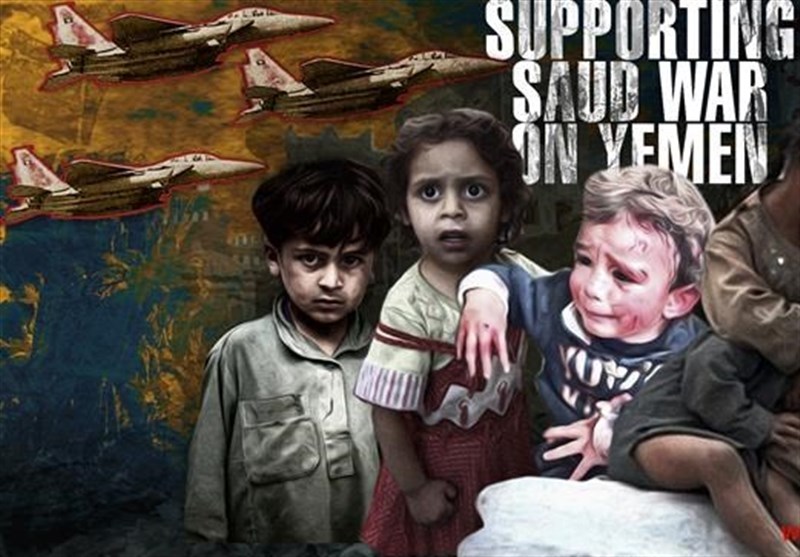
RNA - Many Americans were shaken last week after a picture of a stunned Syrian child, whose home had just been bombed into rubble, went viral. Time magazine noted that “devastating pictures and footage from Syria are common now.” But what about children in other war-torn countries?
This is one of the questions posed by Irish journalist Andrew Cockburn, who argues that Saudi Arabia’s bombing and destruction of Yemen is largely ignored, Truthdig news website reported on Friday.
In a recent article for Harper’s Magazine, he summed up what’s going on in Yemen: Thousands of civilians— no one knows how many— have been killed or wounded. Along with the bombing, the Saudis have enforced a blockade, cutting off supplies of food, fuel, and medicine. A year and a half into the war, the health system has largely broken down, and much of the country is on the brink of starvation.
This rain of destruction was made possible by the material and moral support of the United States, which supplied most of the bombers, bombs, and missiles required for the aerial onslaught. … But no one that I talked to in Washington suggested that the war was in any way necessary to our national security.
Cockburn elaborates on the Saudis’ “slaughter” of Yemeni people and why the mass media need to provide more coverage of the situation.
“I defy you to find a single picture in The New York Times or any other mainstream New York media of any of the hundreds, if not thousands, of Yemeni children, because no one really knows how many have been wounded or killed by the Saudi bombing,” he says.
He goes into detail about the Obama administration’s responsibility for much of the destruction. “It’s clear we don’t care about Yemen,” he says. “I mean, there’s little groups in the State Department and elsewhere who do, maybe. But, no, we don’t care much about Yemen, and we don’t care if we destroy it. What we do care about is the health and well-being of the US arms industry.”
Elsewhere in his comments, Cockburn talks about the role of the Clinton Foundation in the crisis, quoting an article by David Sirota in which he says that the Saudi Arabian government donated to the foundation in return for weapons deals from the State Department.
“I mean, there you have it,” Cockburn said. “Someone once said that the business of the US government is to acquire arms at home and sell arms abroad. And I think this is a very good example of that.”
111/847/C